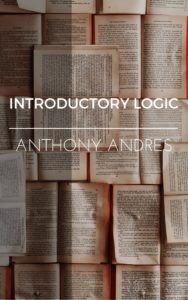Logic
Introductory Course
St. Thomas refers to logic as both the art of reasoning and the rational science and every science has a subject what it is about.. Now every art For example, music makes beautiful sounds, biology looks at living things, and arithmetic studies numbers. Logic is about three things: words, thoughts, and things. Reasoning is a process of organizing our thoughts, but we can do that only by organizing our words. In turn, those words express our thoughts about real things. Perhaps we can best describe the subject of logic by saying that logic is about words insofar as they signify things through our thoughts.
Although logic is a difficult subject to study, it is absolutely fundamental to the life of the mind. One way to see the necessity of logic is to compare the mind to the hand. The hand is a universal tool, which can do just about anything, but few things well. My hand by itself is good for grasping, pushing, touching. In an emergency I could use my hands to fight, to rip things apart, to dig a hole. But it is much more convenient to fight with a gun, cut with a knife, and dig with a shovel. It is better to use my hands to make tools, which help me to do these things well.
The human mind is much like the hand. By itself it does a pretty good job of thinking about practical matters. No one needs to be a logician to know right from wrong, or to learn how to fix a car. When it deals with the highest questions, however – questions about the soul and God – by itself it rarely thinks well. Like the hand, the mind must make tools for itself that help ii it to think well about philosophical and theological questions. It makes words that precisely represent its thoughts, it combines those words into statements, and it combines statements into arguments. These are all tools of the mind. The function of logic is to study these actions in order to make the intellectual tools more easily and without the fear of making mistakes. That is why in another place St. Thomas calls logic the tool of the speculative sciences.
-Anthony Andres, Thomas Aquinas College
“1. Dialectic (dialectica) is the discipline devised for investigating the causes of things. It is a branch of philosophy, and is called logic (logica), that is, the rational (rationalis) power of defining, questioning, and discussing.18 Dialectic teaches, with regard to many types of questions, how the true and the false may be distinguished by disputation. 2. Some of the earliest philosophers had ‘logic’ among their terms, but they did not refine it to the level of skill of an art. After these, Aristotle brought the argumentative methods of this discipline under certain rules and named it ‘dialectic’ (dialectica) because in it one disputes about terms (dictum), for λεκτου means “utterance” (dictio). Dialectic follows the discipline of rhetoric because they have many things in common.” –St. Isidore of Seville (The Etymologies of Isidore of Seville, II.xxii)
“Therefore, dialectic is the only inquiry that travels this road, doing away with hypotheses and proceeding to the first principle itself, so as to be secure. And when the eye of the soul is really buried in a sort of barbaric bog, dialectic gently pulls it out and leads it upwards, using the crafts we described to help it and cooperate with it in turning the soul around.” –Plato (The Republic VII, 533c-d).

